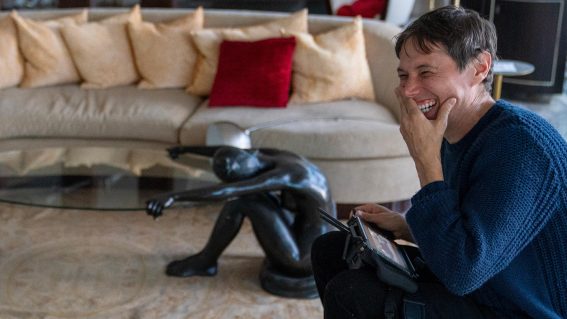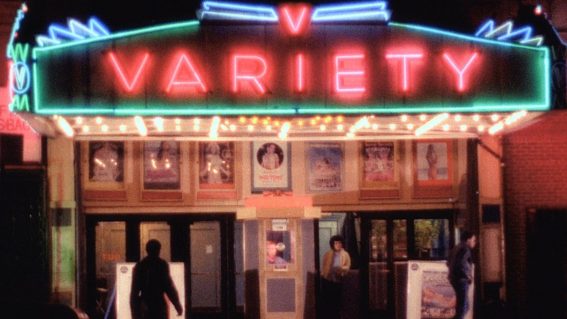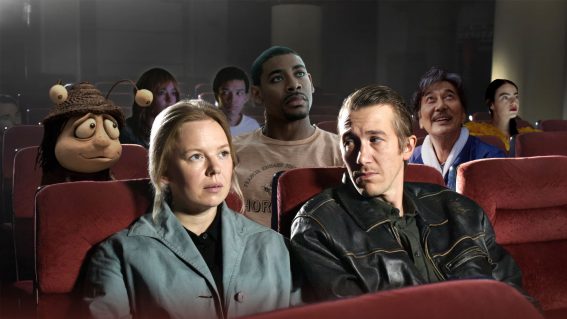Alex Proyas unloads: working on Gods of Egypt was ‘fucking horrible’ and superhero movies are ‘baby food’
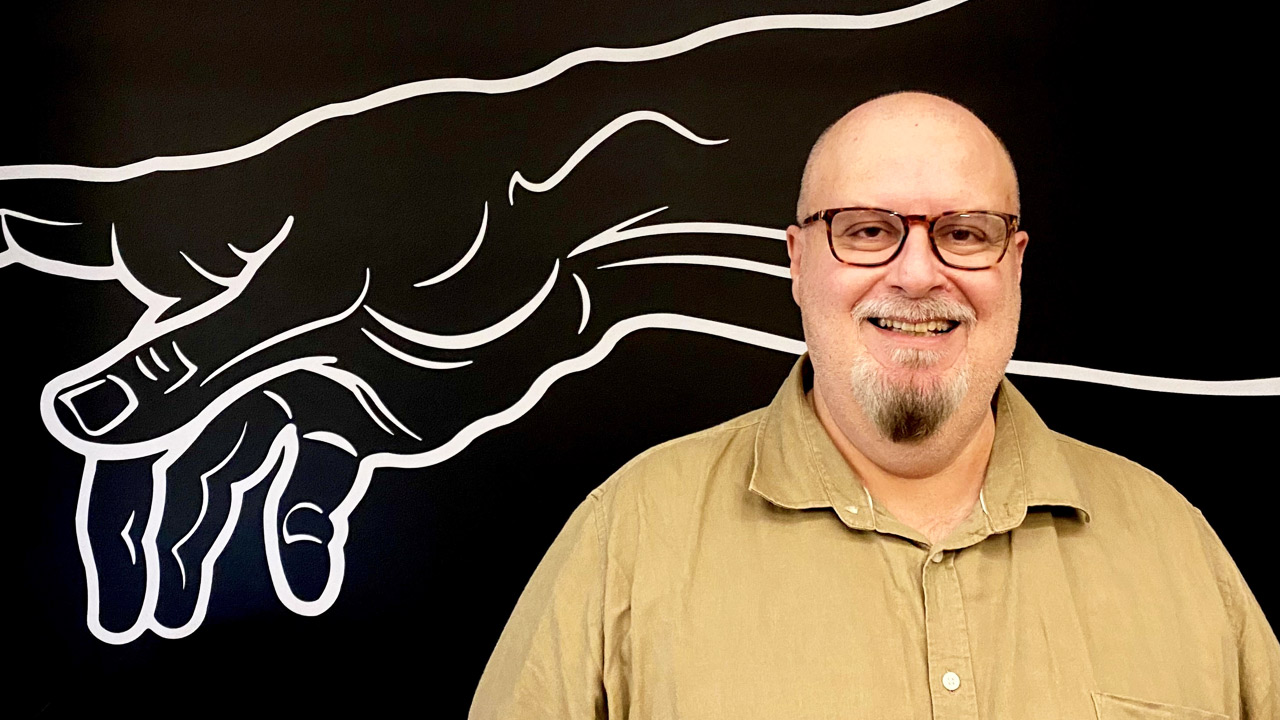
Alex Proyas has directed some massive movies—but his Hollywood career stalled after the big budget flop Gods of Egypt. Proyas talks to Anthony O’Connor about this experience, and reflects on his latest project: creating a short film streaming service.
Alex Proyas is many things. He’s the talented director who gave us The Crow (aka catnip for goths), Dark City and I, Robot. He helmed stylish music videos for the likes of Crowded House, Sting and INXS. Oh, and he became the focal point of social media outrage after his 2016 film, Gods of Egypt, was castigated with accusations of whitewashing and bombed rather spectacularly at the box office.
Six years later, Proyas, who has never been one to mince words, describes the experience to Flicks as “fucking horrible.” Adding: “Hey, what Egyptian director wouldn’t enjoy having his mythology movie cancelled because there were some white people in it…along with the black and Asian people?”
Proyas continues: “I mean I get it, racism’s a problem. But not everything is racist. Big screen movies were already broken a long time before that. Original sci-fi and fantasy are not genres studios want to finance any more, nor do audiences want to see those kinds of movies. Just superhero stuff…what someone referred to as ‘baby-food’ movies.
“The culture of creative risk-taking in American movies—the mindset that created all the great original movies of the past—is dead and buried. Big screen Hollywood is a disaster, and my experience with Gods of Egypt was just one minor bit of collateral damage from the zeitgeist, but still significant to me.”
Proyas has always been a bit of a provocateur online, calling out Hollywood, the Academy Awards, Marvel Studios and pretty much anyone he wants. The key difference between him and many of the other self appointed opinion-havers on social media is that the 58-year-old director is actually doing something about what he sees as the problem. Enter Vidiverse, a brand new streaming platform for short films (and some features), that’s designed to actually get the artists paid for once. But how does it differ from Netflix and the like?
“It’s a completely different model.” Proyas explains. “So far all the films are picked by one person…me. They reflect my own desire to take risks. I like films that try to do something different, and of course science fiction and horror are my preferred genres. Though we are showing all kinds of films. There’s a focus on diversity, on voices from around the globe. We’re basically trying to encourage and promote creative talent, to help build the brands of filmmakers of the future. I like to think of Vidiverse as kind of an art gallery for short films. We’ll hang whatever we like, regardless of commercial concerns.”
It’s a laudable notion, but how does it work in practical terms?
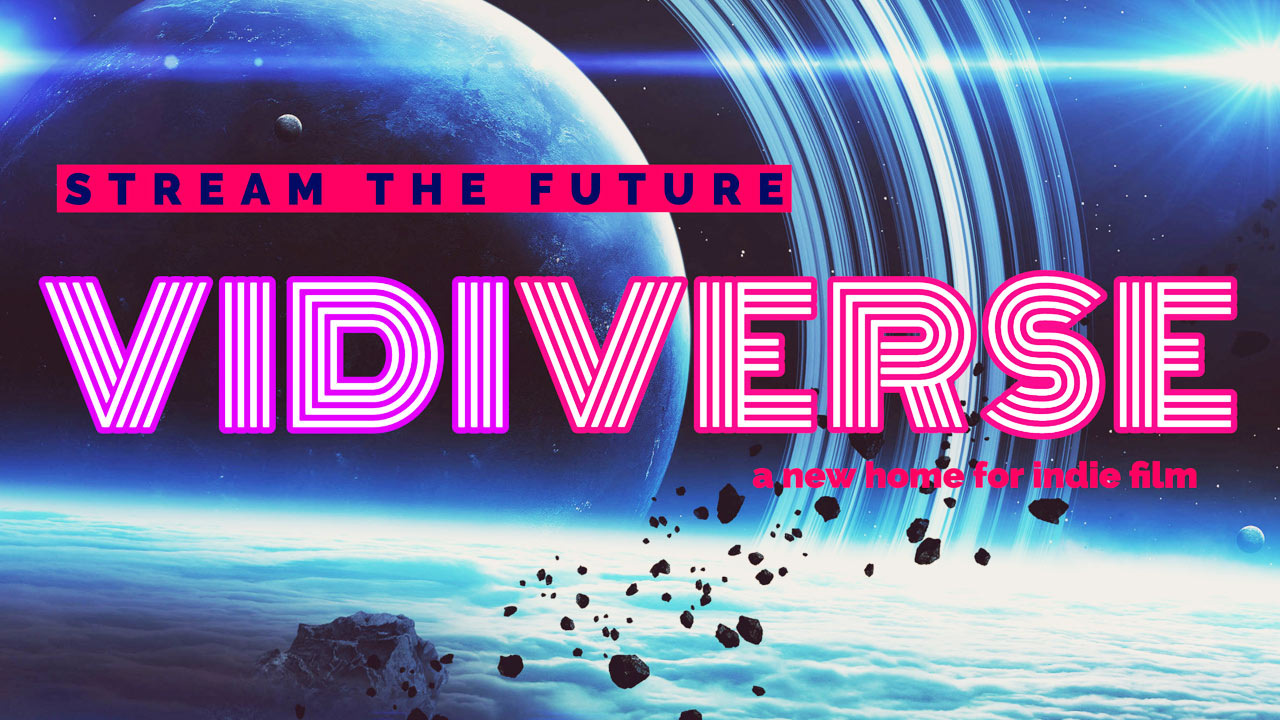
“After the costs of running the platform (so far it’s been done on the smell of an oily rag) we’ll share any revenue with our filmmakers.” Proyas says. “We’re making an algorithm, cheap as chips also, nothing like the big guys, that’ll help tell us which films are being viewed the most and they’ll receive some kind of bump. But it’s important to us that everyone who has a film on Vidiverse receives some kind of revenue. It will be small at first, as we start up, but we hope for it to grow with time as we recruit more subscribers and supporters.
“The reality is that anything north of zero—which is what Youtube pays for these films—is a start. We believe there’s strength in numbers, so as the library grows, our filmmakers will see the rewards of perseverance. We want to be the ultimate creative democracy, built through collaboration, to help everyone on the platform flourish.”
Despite the many harsh words Proyas has for aspects of the film biz, he’s “cautiously optimistic” about the changing face of the industry and the future of cinema: “I think the big screen is starting to feel like someone else’s game. The corporations have well and truly won that battle. But I’ve never been comfortable with the whole multiplex approach to showing movies. The distribution bottleneck where you must fight for a release date and then your movie lives or dies on the opening weekend is soul destroying for any filmmaker.
“The notion of being able to discover someone’s work over a period of time, like a good book, suits me and many filmmakers a lot better. The ability to not limit one’s imagination due to budget is a thing now, and will further transform movies, making them the true dreams they’ve always been meant to be. A true creative democracy is coming. I hope Vidiverse can be a part of that.”
Vidiverse is currently live and growing at www.vidiverse.com.



